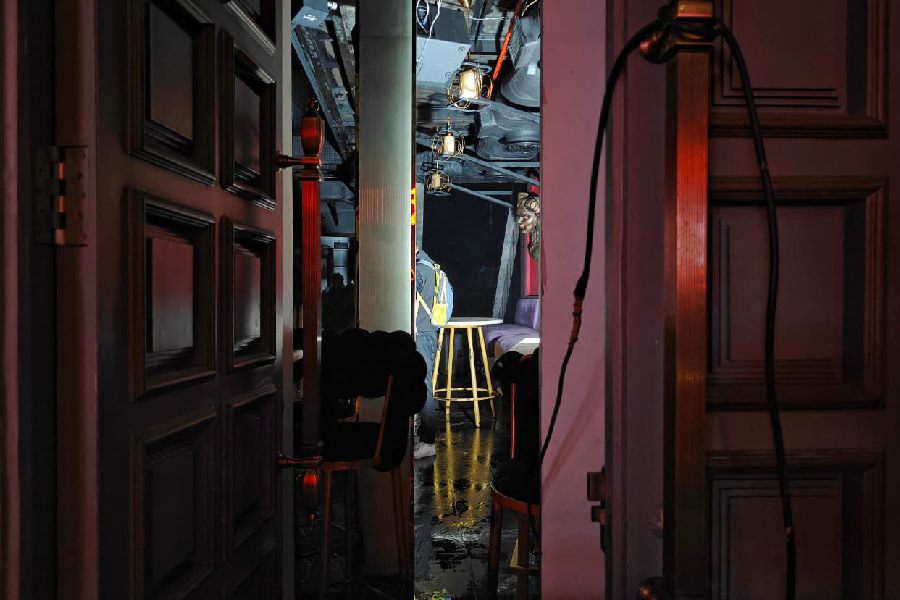 |
Ranchi, April 3: Tall talk, vote bank and personal charisma apart, of the 14 MPs in Jharkhand, only three have passed the electorate test, if the MP performance report card released today by Association for Democratic Reforms (ADR) is any indication.
According to the report, three BJP MPs who performed satisfactorily to people’s expectations are Sudarshan Bhagat (Lohardaga), Pashupati Nath Singh (Dhanbad) and Nishikant Dubey (Godda). JMM supremo Shibu Soren (Dumka MP) received the lowest score (see box).
In Jharkhand, better employment opportunities, drinking water and better public transport were the top three issues on which respondents — voters across constituencies — said they were most concerned.
The survey also tried to identify factors people take into account before voting. In Jharkhand, the most important factor is the candidate, followed by the PM nominee of the party and then the party.
MPs Bhagat, Singh and Dubey scored above-average points when rated against people’s expectations on governance. The rest, including Jamshedpur MP Ajoy Kumar and his party boss, JVM supremo and former chief minister Babulal Marandi, the Koderma MP, fared below average. Former Union ministers Yashwant Sinha and Subodh Kant Sahay also trailed the list.
Interestingly, the difference in actual scores and people’s expectations varied in the case of all 14 names.
Like every year, the purpose behind ADR’s survey was to highlight voter priorities so that manifestos of future governments reflect them.
Voters rated the performance of MPs as good, average or bad on governance issues like employment, water, electricity, roads, food, education and health. Based on the scores given by the respondents to their MPs the average performance of the 14 MPs in Jharkhand is 5.43 on a scale of 10.
Why the survey results of the New Delhi-based ADR count more than the dime-a-dozen opinion polls on TV channels is because the outfit, set up in 1999 by IIM-A professors, had set the ball rolling on disclosures of criminal, financial and educational backgrounds of candidates.
They had filed a PIL with Delhi High Court, arguing citizens had the right to know these nominee details, based on which the Supreme Court in 2002 and 2003 mandated all candidates to disclose their criminal, financial and educational background before polls by filing an affidavit with Election Commission.
Since 2002, the ADR conducts nationwide surveys to rate people’s representatives.
For this year’s Lok Sabha pre-poll assessment, they spoke to 2.5 lakh respondents across India, covering 530 constituencies.
Respondents were questioned on priority issues and whether those were fulfilled or not. This apart, the survey also tried to capture the role of caste, religion, crime and money power in elections.
In this, the survey also threw up surprises.
Asked why people vote candidates with criminal records, around 80 per cent of the respondents said they did “good work”, whereas only 16 per cent said that they were “powerful”. While 43.8 per cent respondents said the cases slapped on the politicians were “not serious”, around 25 per cent said they “spent enough” during elections.
Asked to comment on why Soren Senior was ranked last, JMM spokesperson and general secretary Supriyo Bhattacharya refused to speak.
Ajay Nath Shadeo of JVM said: “There are many factors that influence people’s thought process. I believe that on our part much work has been done. It is a good opportunity for us to go back to people and find out their priorities and give impetus to the development process.”











